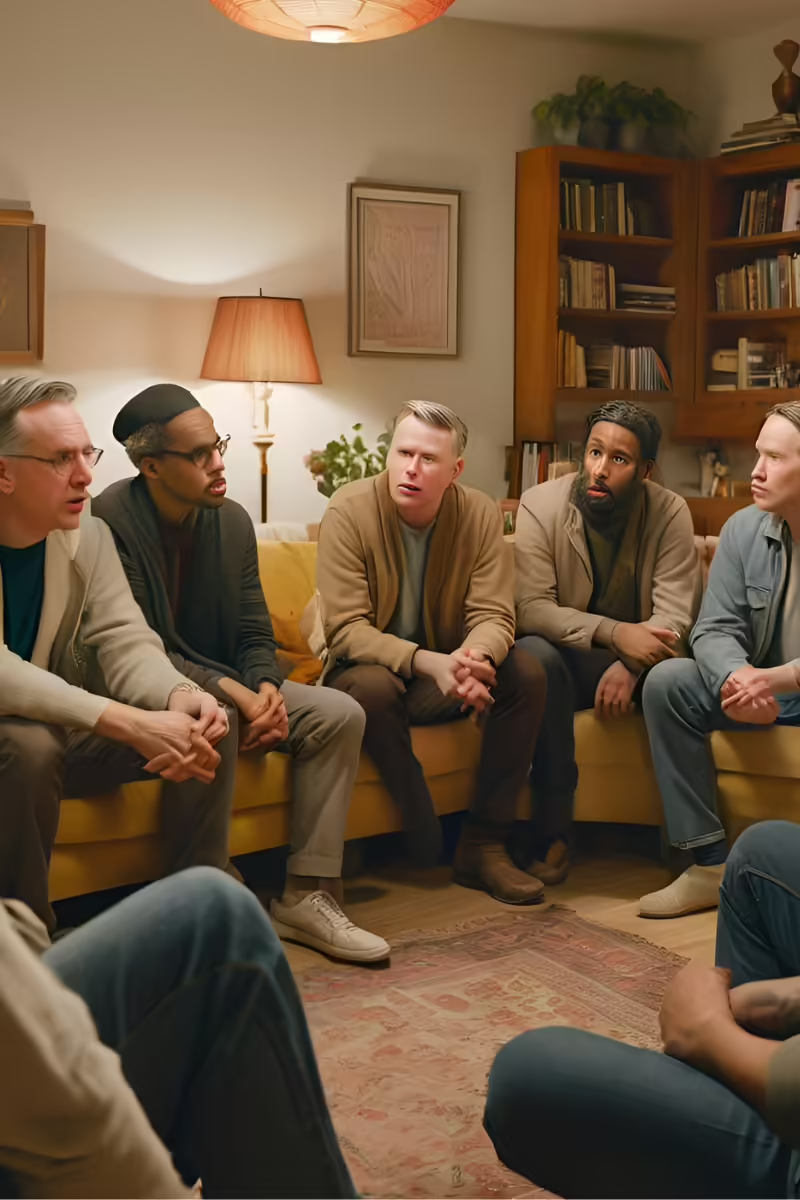Take some therapeutic advice from a former people-pleasing, codependent, hot mess. As a therapist my advice here may seem counter intuitive, and that is okay. A shift in paradigm might be exactly what will help you become more self-possessed.
I was two days late to my 2nd graduate school colloquia, had made the mistake of picking the wrong date for my flight. Also happened to show up to the airport on the wrong date. It is still easy to recall how my heart dropped as I tried to check in my bags at the airport and heard, “this ticket is for yesterday.” Stressing for the entire make up flight and rushing in a cab ride to the hotel conference center, I showed up with red-faced-hot-humiliation. I took my seat on the panel under the eyes of everyone there, profusely apologizing and offering explanation. By my second day, offering the same apology – a professor rudely (I thought at the time) told me. “Stop apologizing, it isn’t working for you.” The idea I should stop apologizing was so novel to me at the time. It has become a shift in my paradigm.
Do you hear yourself saying I’m sorry?
IF you are a person who apologizes often, knows someone who apologizes often, or encourages others to apologize often (talking to you elementary school people) you may want to continue reading and reconsider adopting a different approach.
Like all things said aloud, these words can have a powerful effect and not always in the way that is intended. For the most part, I believe apologies are made with well intentions and are delivered by people who are well intended. Certainly there are exceptions to that and those of the “just apologize and give them what they want to hear” set. Who are at least honest with themselves if not sincere with other people.
Negative Intrapersonal Effects of Apologies.
Apologizing results in self deprecation. As you apologize and come across to others as someone who undervalues their own opinion and contribution, to your self (who is also listening to you) you are harming your self-image. You are permitting less and anticipating less from yourself. It is a weakness, not just because of the way other people interpret it is a lack of confidence, but because as a response to the harm in self-image you begin to assert yourself less and less. You begin to abdicate your right to respect and reduce your ability to encourage respect in other people. In fact you are actively encouraging others to disrespect you and take the advantage because of your perceived willingness to concede. Over time, and when unnecessary apologies render your word impotent. Your words lose meaning and you become to appear insincere.
Apologies negatively impact your relationships
Beyond these negative effects your apologies have on your intrapersonal life they aren’t serving you in your relationships. They are counter productive interpersonally. We think we are using them as a means of conflict resolution but what we are actually doing is avoidance not conflict resolution. I had a client recently share a memory of their elementary school principal forcing them to apologize for a being a victim of bullying. Of course there was more to the memory and its clinical importance – but what it was is an example of prioritizing confluence over resolving issues. The principal’s principle priority was easing his discomfort over the tension between the parties and establishing a norm of “okayness” where everyone can walk away from the table having lost rather than have one member (or both) leave the situation as a winner.
AH! A formula for an anti-apology
So if you are sold on the detriment of apologizing here is a suggestion of what you can say and do instead. Use an appreciation and a hope instead of an apology. This may be the first time you have heard of this strategy but it works remarkably well. I was watching a video interview of Marissa Peers and something she said pretty quickly about self-esteem stuck with me. Instead of saying “so sorry I am late for the meeting” which does nothing for the people who are waiting for you, doesn’t provide any new information to anyone (they all know you were late) you say something like “Thank you for waiting for me, I hope we can still have a productive meeting.”
The formula goes: Appreciation + Hope. (AH)
This acknowledges that you understand they impact that your behavior has had on others. It shows that you are respectful, responsibly, and understanding of their position. It also shows that you can identify what you can do to prevent it from occurring again. It is a proactive assumption of responsibility for your action. It also directs the encounter towards the future. It effectively says, let’s move forward.
Give it a try. Like all things that are new it will be a process of practice. You can pre-think out your AH. A great place to start to consciously and intentionally practice this change is in your email correspondence and text correspondence. These are communication mediums where it is expected for there to be pre-thought and allow you space to fine tune your wording.
If you would like to work on creating more self-awareness and are ready to become more self-possessing, sign up for a free consultation with me. https://withdavidhead.com/contact/

